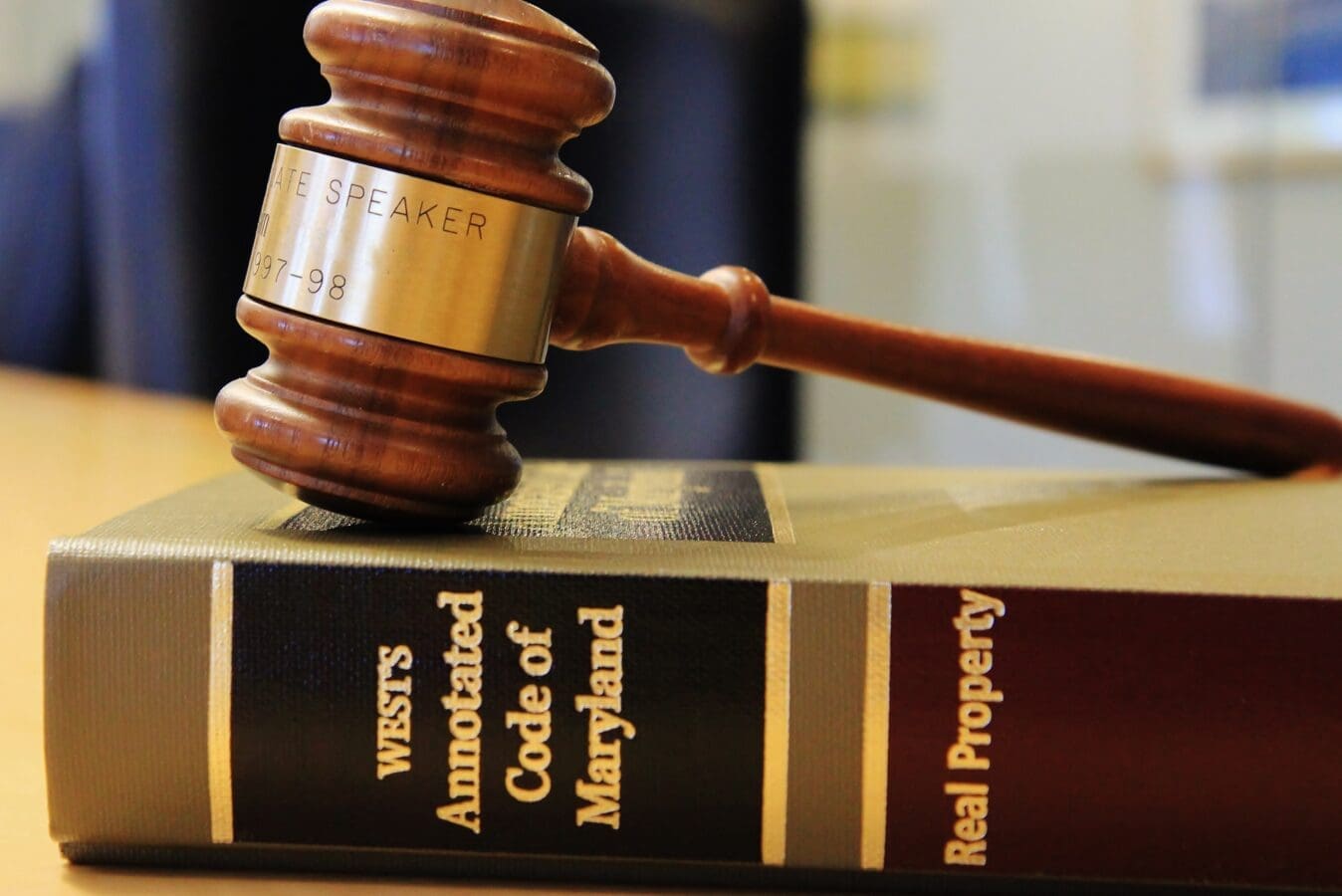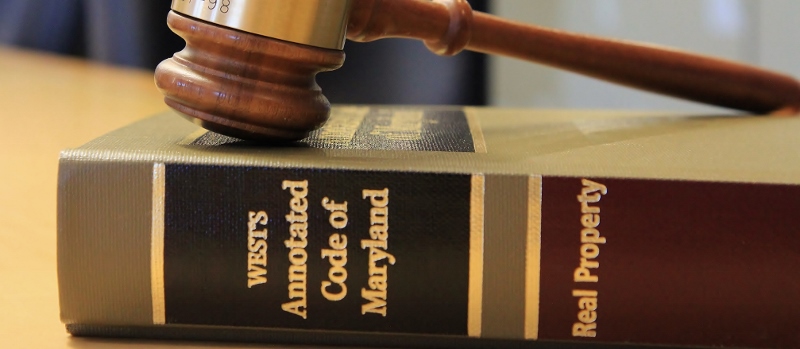
Basic Considerations for Residential Landlords and Tenants
What are some issues that Maryland residential tenants and landlords need to think about?

Our firm helps clients with real estate issues, including representing parties in landlord-tenant matters involving drawing up and negotiating leases and representing parties in landlord-tenant disputes. There are many issues that residential landlords and tenants need to consider when entering into a rental agreement. The following are some of the more common issues that these parties need to be aware of.
Both parties should protect themselves with written leases. Hand shake deals can quickly become forgotten and/or what one party thinks are the terms could be very different from what the other party remembers.
With a few exceptions, landlords cannot discriminate against tenants on basis of race, religion, color, sex, sexual orientation, national origin, marital status or handicap. One exception exists if the property owner keeps a personal residence in a building with five or fewer units. In this situation, the owner may discriminate on the basis of sex and marital status. Also, a property owner can rent to older tenants exclusively if the dwelling is planned for that specified age group.
A tenant needs to keep the premises in reasonably good repair, so that at the end of the lease it will be in the same condition as it was at the start of the lease, except for wear and tear due to normal use.
There is a limit of two months rent as a deposit. Deposits must be returned within 45 days of the termination of the lease. Money can be taken out of the deposit for repair costs above and beyond reasonable wear and tear.
Certain issues should be addressed within a lease for residential property. They are:
Who is responsible for rent payments to whom;
When and how that payment is to be made;
Whether roommates or subleases are permitted;
The specific start and end date, if any;
The use of common facilities (parking lot, swimming pool, laundry room);
A list of any problems relating to the condition of the premises; and
Any promises to repair or redecorate the premises.
During the term of the lease the tenant is entitled to physical possession of the premises. This right to possession, or the implied covenant of quiet enjoyment, would be breached if a landlord, illegally evicts or prevents a tenant from entering the rental property, or after receiving notice, fails to correct a serious problem that substantially interferes with tenant’s use of the property.
Landlords must follow the law and cannot forcibly remove the tenant, change locks or remove the tenant’s possessions. If a landlord wants to evict a tenant, it must start the eviction process for violation of the lease or nonpayment of rent.
We help those involved in real estate matters in Bethesda or Rockville, Maryland. If you have an issue you would like to discuss, contact the real estate litigation attorneys at Longman & Van Grack by calling (301) 291-5027 for a consultation today.
